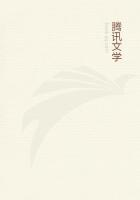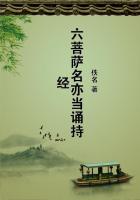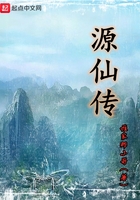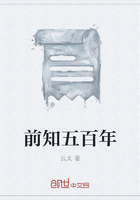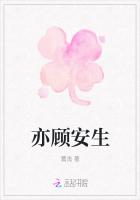1. The Corn-mother in America.
EUROPEAN peoples, ancient and modern, have not been singular in personifying the corn as a mother goddess. The same ****** idea has suggested itself to other agricultural races in distant parts of the world, and has been applied by them to other indigenous cereals than barley and wheat. If Europe has its Wheat-mother and its Barley-mother, America has its Maize-mother and the East Indies their Rice-mother. These personifications I will now illustrate, beginning with the American personification of the maize.
We have seen that among European peoples it is a common custom to keep the plaited corn-stalks of the last sheaf, or the puppet which is formed out of them, in the farm-house from harvest to harvest. The intention no doubt is, or rather originally was, by preserving the representative of the corn-spirit to maintain the spirit itself in life and activity throughout the year, in order that the corn may grow and the crops be good. This interpretation of the custom is at all events rendered highly probable by a similar custom observed by the ancient Peruvians, and thus described by the old Spanish historian Acosta: They take a certain portion of the most fruitful of the maize that grows in their farms, the which they put in a certain granary which they do call Pirua, with certain ceremonies, watching three nights; they put this maize in the richest garments they have, and being thus wrapped and dressed, they worship this Pirua, and hold it in great veneration, saying it is the mother of the maize of their inheritances, and that by this means the maize augments and is preserved. In this month [the sixth month, answering to May] they make a particular sacrifice, and the witches demand of this Pirua if it hath strength sufficient to continue until the next year; and if it answers no, then they carry this maize to the farm to burn, whence they brought it, according to every man's power; then they make another Pirua, with the same ceremonies, saying that they renew it, to the end the seed of maize may not perish, and if it answers that it hath force sufficient to last longer, they leave it until the next year. This foolish vanity continueth to this day, and it is very common amongst the Indians to have these Piruas.
In this description of the custom there seems to be some error. Probably it was the dressed-up bunch of maize, not the granary (Pirua), which was worshipped by the Peruvians and regarded as the Mother of the Maize. This is confirmed by what we know of the Peruvian custom from another source. The Peruvians, we are told, believed all useful plants to be animated by a divine being who causes their growth. According to the particular plant, these divine beings were called the Maize-mother (Zara-mama), the Quinoa-mother (Quinoa-mama), the Coca-mother (Coca-mama), and the Potato-mother (Axo-mama). Figures of these divine mothers were made respectively of ears of maize and leaves of the quinoa and coca plants; they were dressed in women's clothes and worshipped. Thus the Maize-mother was represented by a puppet made of stalks of maize dressed in full female attire; and the Indians believed that as mother, it had the power of producing and giving birth to much maize. Probably, therefore, Acosta misunderstood his informant, and the Mother of the Maize which he describes was not the granary (Pirua), but the bunch of maize dressed in rich vestments. The Peruvian Mother of the Maize, like the harvest-Maiden at Balquhidder, was kept for a year in order that by her means the corn might grow and multiply. But lest her strength might not suffice to last till the next harvest, she was asked in the course of the year how she felt, and if she answered that she felt weak, she was burned and a fresh Mother of the Maize made, to the end the seed of maize may not perish.
Here, it may be observed, we have a strong confirmation of the explanation already given of the custom of killing the god, both periodically and occasionally. The Mother of the maize was allowed, as a rule, to live through a year, that being the period during which her strength might reasonably be supposed to last unimpaired; but on any symptom of her strength failing she was put to death, and a fresh and vigorous Mother of the Maize took her place, lest the maize which depended on her for its existence should languish and decay.
2. The Rice-mother in the East Indies.
IF THE READER still feels any doubts as to the meaning of the harvest customs which have been practised within living memory by European peasants, these doubts may perhaps be dispelled by comparing the customs observed at the rice-harvest by the Malays and Dyaks of the East Indies. For these Eastern peoples have not, like our peasantry, advanced beyond the intellectual stage at which the customs originated; their theory and their practice are still in unison; for them the quaint rites which in Europe have long dwindled into mere fossils, the pastime of clowns and the puzzle of the learned, are still living realities of which they can render an intelligible and truthful account. Hence a study of their beliefs and usages concerning the rice may throw some light on the true meaning of the ritual of the corn in ancient Greece and modern Europe.

